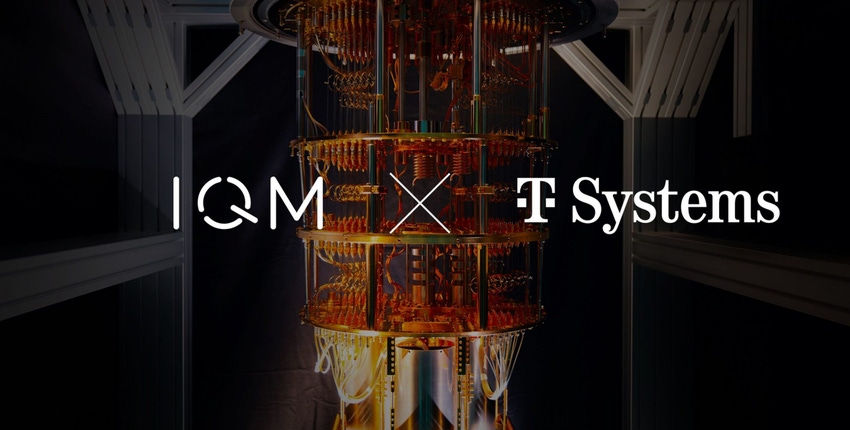Deutsche Telekom signs another deal to offer quantum computing services
German incumbent Deutsche Telekom’s IT arm, T-Systems, has signed a deal with IQM Quantum Computers which will allow it to offer its customers cloud access to quantum systems.
July 24, 2023

German incumbent Deutsche Telekom’s IT arm, T-Systems, has signed a deal with IQM Quantum Computers which will allow it to offer its customers cloud access to quantum systems.
The deal is described as a Memorandum of Understanding and will mean T-Systems customers can play around with IQM’s quantum infrastructure via Deutsche Telekom affiliate’s cloud landscape.
Customers will also be offered ‘quantum know-how and training’ ranging in scope from one-day introductory sessions to months-long business case proofs-of-concept campaigns.
IQM is described in the release as ‘the European leader in building quantum computers’, and we’re told it offers on-premises quantum computers for supercomputing centres and research labs and offers full access to its hardware.
By selling access to and consultation around quantum computing, T-Systems is looking to ‘provide clients with a seamless experience, incorporated into their cloud landscape, as they look to uncover the potential of quantum computing for their businesses.’
“I’m delighted that we are growing our quantum offering. This technology will play a central role in Europe’s future competitiveness,” said Adel Al-Saleh, Deutsche Telekom board member and Chief Executive of T-Systems. “Today’s announcement with IQM means our customers can access a truly sovereign quantum environment, built and managed from within Europe.”
Head of Partnership of IQM Quantum Computers, Dr Peter Eder, added “With our technical track record and quantum technology capabilities, we are excited to extend our quantum services to T-Systems customers and fuel the adoption of quantum computing for the global enterprise market.”
In March T-Systems announced it will offer customers cloud-based access to IBM’s Eagle quantum processor – so it’s clearly serious about getting its foot in the door of the burgeoning sector.
Quantum chips exceed the processing power of even the most powerful current supercomputers, and the firms developing quantum computing say it will be able to crunch extremely complex problems very quickly when it is deployed at a sufficient scale.
It’s a new type of technology based on quantum mechanics, which uses qubits which unlike the bits of binary code used by standard computing, can simultaneously be both 1 and 0. It’s not an easy concept to get your head around, but here’s IBM’s definition:
“A qubit itself isn’t very useful. But it can perform an important trick: placing the quantum information it holds into a state of superposition, which represents a combination of all possible configurations of the qubit. Groups of qubits in superposition can create complex, multidimensional computational spaces. Complex problems can be represented in new ways in these spaces.”
It’s all a bit speculative at the moment in terms of what it will be employed to do exactly, but those in the know believe the potential of quantum computing to transform business sectors is significant. For a deeper dive into the technology and some potential threats that could follow in its wake, check out our interview with IBM and Vodafone.
Get the latest news straight to your inbox. Register for the Telecoms.com newsletter here.
About the Author(s)
You May Also Like











_1.jpg?width=300&auto=webp&quality=80&disable=upscale)


.png?width=800&auto=webp&quality=80&disable=upscale)